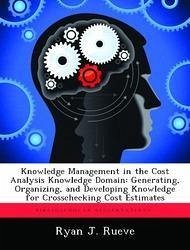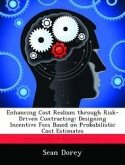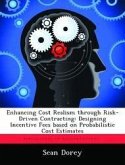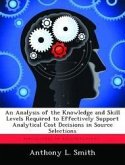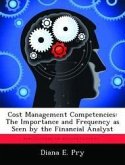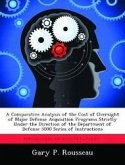Two problems the Aeronautical Systems Center's Acquisition Cost Division (ASC-FMC) is encountering with its Life Cycle Cost/Lean Process Initiative (LCC/LPI) efforts are (Marshall and Seibel, 2000): (1) a high proportion of inexperienced to experienced cost analysts which makes access to valuable expertise limited, and (2) knowledge loss due to turnover of experienced cost analysts. What is needed is a "system that enables organizations to capture, analyze, share, apply, and reuse knowledge" (Cho et al, 2000:2-6). Using a Knowledge Management framework presented by Cho and colleagues, this study will demonstrate a process to generate, organize, and develop expert knowledge as a means to minimize knowledge loss due to turnover. The methodology presented in this thesis is a four-step, tailored approach to identify tasks or processes important to the functioning of an organization, capture knowledge from experts pertaining to those tasks (generate content), convert that knowledge into a flowchart (organize content), and have experts critique the end product to ensure accuracy and usefulness (develop content).The methodology capitalizes on proven knowledge elicitation techniques for the generation of knowledge and a commercial-off-the-shelf software program, Microsoft Excel, for the organization and representation of knowledge in the form of a flowchart. The methodology is demonstrated on the process of crosschecking cost estimates and resulted in the creation of a procedural guide. This guide contains a flow chart representing the experts' approach to crosschecks, and hyperlinks to detailed knowledge sheets regarding each step.

